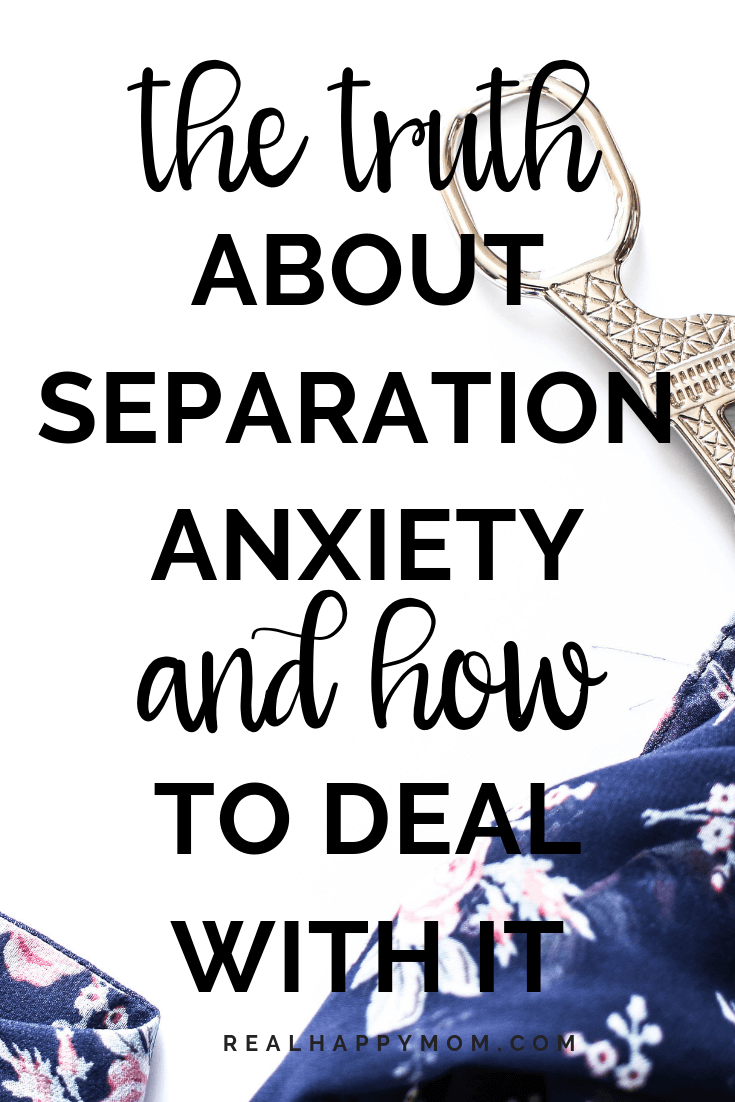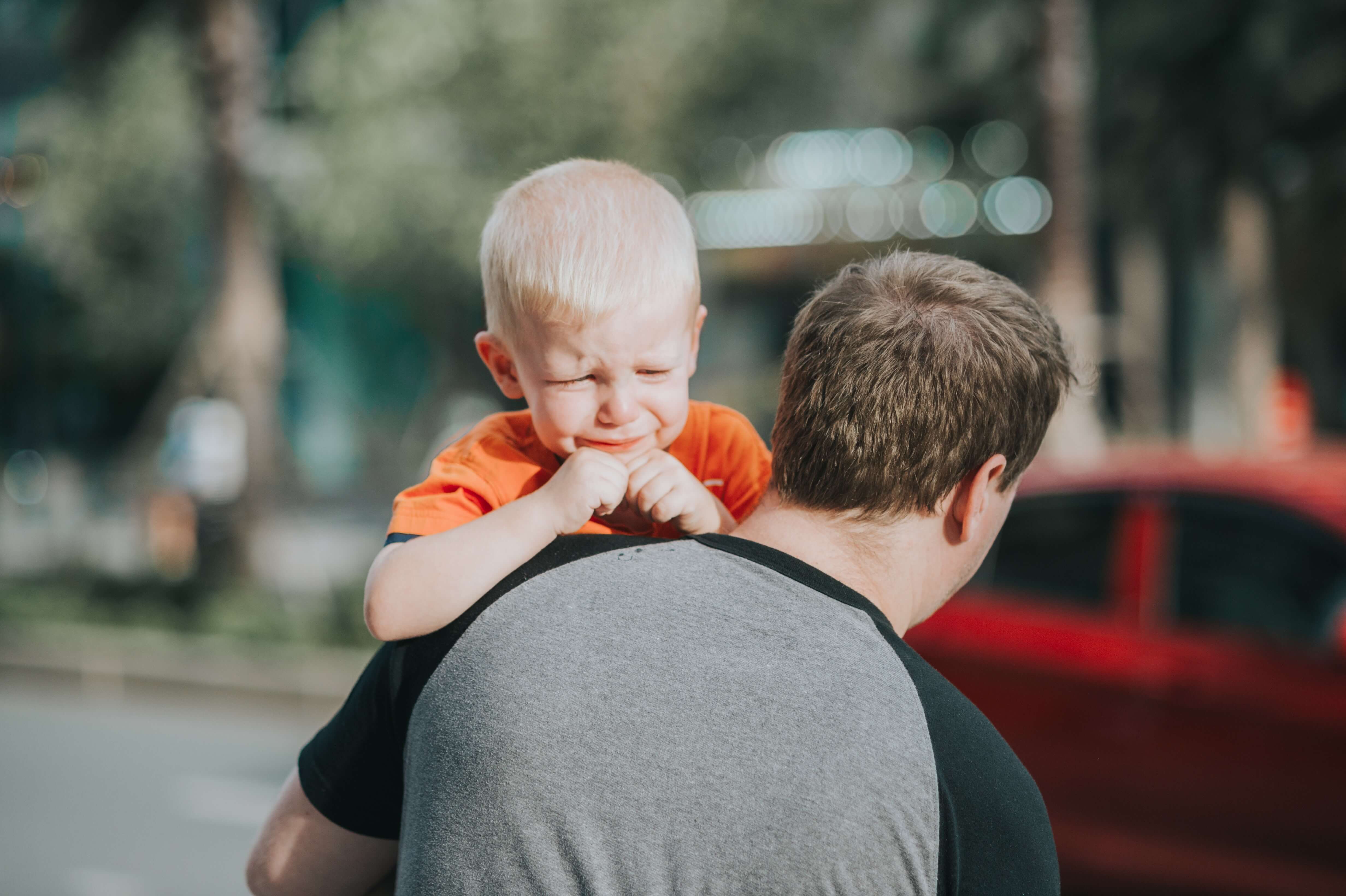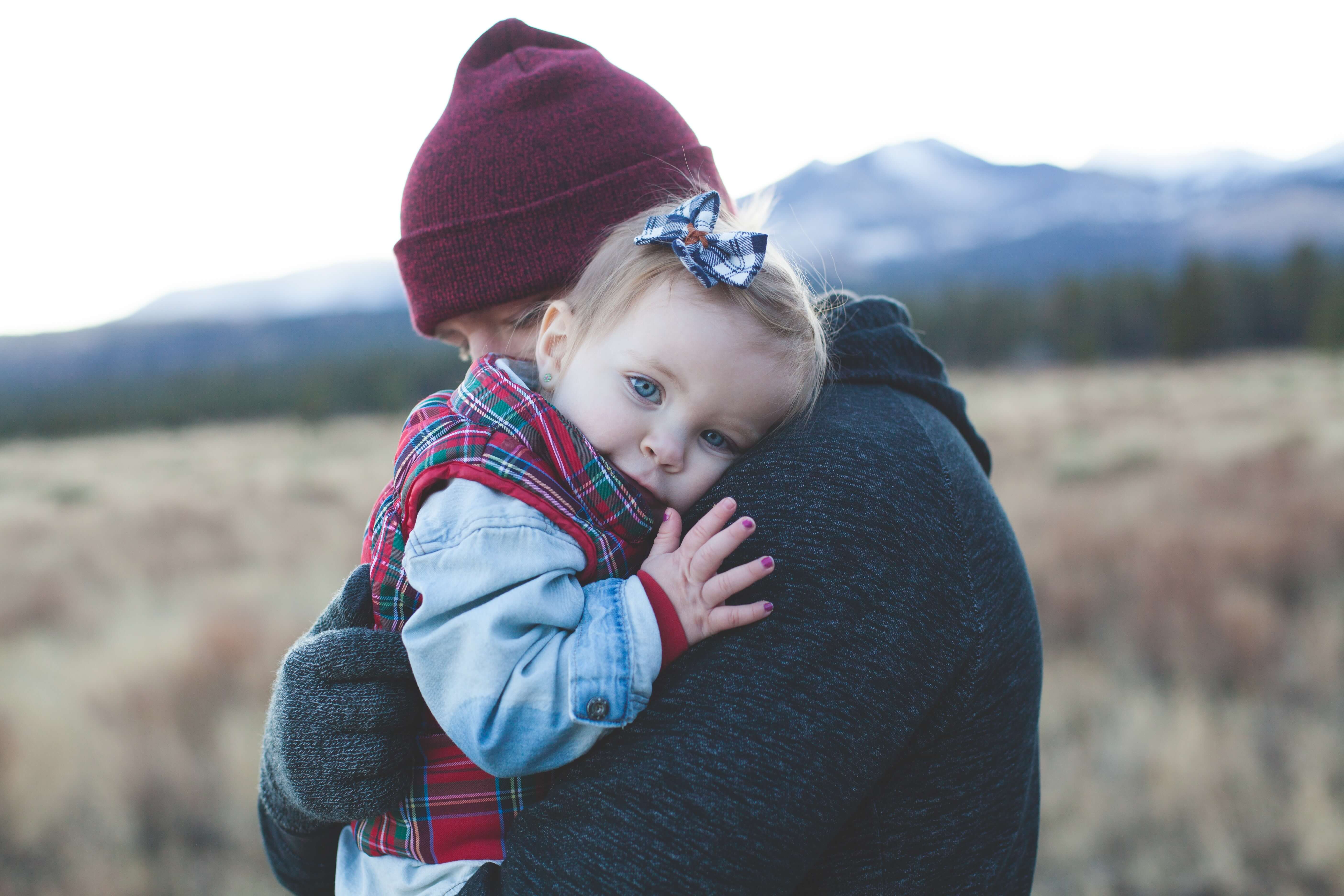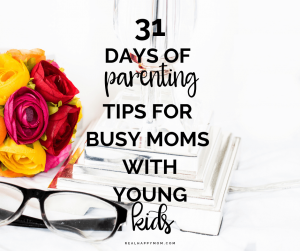When I had my first child I was excited about bringing him home. I loved him immediately and wanted to keep this little newborn safe and comfortable. My maternity leave was only 6 weeks and I didn’t realize how quickly the time would past.
The first morning I left for work, my little baby was as peaceful as he could be, but I felt terrible about leaving him home with my husband.
Even though that is his father, I felt like I should have been home with him. So got in the car and cried all the way to work.
Now my son was always fine whenever I left him to go to work. Never shed a tear. But, my husband on the other hand. That was his everything.
I used to call my husband and son peanut butter and jelly because they were ALWAYS together. Starting around 7 months, my son threw the biggest tantrum any time my husband had to leave.
This always pulled at my husband’s heart and made him not want to leave. My son went through a long phase of dealing with separation anxiety.

I totally get it. When your child is an infant, he may have no problem with going to the babysitter.
Babies are awesome because they usually adapt to new caregivers well as long as their needs are being attended to.
So it often comes as a shock when you go to drop your 1-year-old off at his long-time sitter, and he starts screaming.
This is not an uncommon scenario. At some point between 8 months and 2 1/2 years of age, most children experience separation anxiety to some degree.
Understanding the underlying causes can help you cope with separation anxiety and help your child overcome it.
What is separation anxiety?
Starting around 6 months, your baby will begin to realize that objects do not disappear when they are out of sight. And that objects still exist when they are out of sight.
This is a major discovery for your little one. But it also brings worries that things that go away might not come back. And those things include you.
So when you drop your child off with their caregiver, they may get very upset even if they have been going to the same caregiver for some time without a problem.
Your natural reaction is to panic. Some parents see this as a cause for alarm. But if there are no other indications of problems, it is probably a case of separation anxiety.

What does separation anxiety look like?
Separation anxiety causes your little one to cry, cling to you and resist the attention of others when you are going to another room in the house or trying to leave the house without them.
Some kids experience separation anxiety later after 18 months. And some kids never experience separation anxiety at all.
Then there are though that are trigger by different stressors such as a going to a new daycare, a new baby sibling, or tension between their parents.
How do I help my little one cope?
If possible, avoid taking your child to a new childcare provider when he is between 8 months and 1 year old.
This is when separation anxiety usually begins to appear. Although it will likely show itself even with familiar caregivers, switching to a new one at this sensitive time could make things much worse.
Also, telling your child when you will be back in terms that he can understand may help to alleviate his fears.
They probably can’t tell time yet, so they will need something other than a number of hours. Try telling your little one you’ll be back after lunch or naptime. This will give them a familiar event to go by.
Make sure that you stick to your word and be back exactly when you said you would. This will let your little one know that they can count on what you tell them.
Some parents try to sneak off when the child is not looking, but that usually makes things worse. Trust me. I know from experience.
Even if your child is crying, telling him goodbye and meaning it is the best approach. Once you’ve left, it’s not a good idea to come back to check on them.
A phone call 15-20 minutes later can ease your fears while avoiding a second meltdown.
Separation anxiety affects most toddlers at some point. It is just part of growing up. I promise, it eventually gets better.
Remaining calm, saying goodbye, and leaving when the time comes will help your child adjust.
Setting a time to be back and sticking to it will alleviate his fears and build confidence. Soon, separation anxiety will be a thing of the past.

This post is a part of the series 31 Days of Parenting Tips for Busy Moms With Young Kids. Each day throughout the series I am discussing a different topic regarding parenting young kids. I’d love for you to follow along and share this series with moms who may need some support or just to hear that they aren’t alone in their journey of raising young kids.
Find all of the posts in one place on the series homepage: 31 Days of Parenting Tips for Busy Moms With Young Kids


Thanks, Toni! Reassurance and calm communication are huge. Especially since they are so little and sometimes don’t understand.
Good tips! I’ve had separation anxiety issues with all 4 of my kiddos to different degrees. The best thing for each of them was calm communication and reassurance.